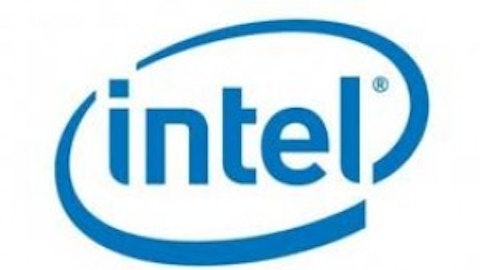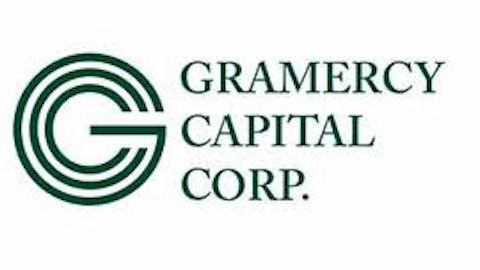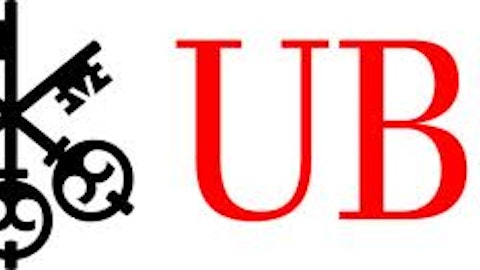Last Thursday, the Federal Reserve announced the results from part one of its Comprehensive Capital Analysis and Review, known informally as “stress tests.” While there were a few big surprises to emerge for America’s too-big-to-fail financial institutions, for JPMorgan Chase & Co. (NYSE:JPM) it was more of the same as last year — which might be turn out to be a good thing for investors.
Just in case you missed the breaking JPMorgan news from last week, here’s a quick recap:

Source: Dodd-Frank Act Stress Test 2013: Supervisory Stress Test Methodology and Results.
In the Fed’s simulated, severe economic downturn,JPMorgan Chase & Co. (NYSE:JPM) — which had the relatively strong capital position of 10.4% going into the test — would lose a significant 4.1% off its Tier 1 common capital ratio, leaving it at 6.3%.
And 6.3% is without the implementation of any of JPMorgan’s proposed capital actions: dividend increases or share buybacks. Where the superbank’s common ratio might end up after those numbers are thrown into the Fed’s equation remains to be seen, but it will officially be made public on Thursday.
Can — and should —JPMorgan Chase & Co. (NYSE:JPM) request a dividend increase or share buybacks?
The median Tier 1 common capital ratio performance for the banks this year was 7.7%. The minimum regulatory standard the Fed requires is 5%. JPMorgan’s 6.3% isn’t stellar, but it probably isn’t low enough for the Fed to turn down a request for an increased dividend or share buybacks.
In fact, JPMorgan’s 2013 CCAR numbers are very close to its 2012 CCAR numbers: an actual Q3 2011 common ratio of 9.9% and a stressed ratio of 6.3%. After those results, the bank asked and got approval for $15 billion in share buybacks. So there’s no reason to think the Fed wouldn’t approve a similar capital-return scheme this year, and there’s no reason the bank shouldn’t ask for something.
However, although JPMorgan Chase & Co. (NYSE:JPM) hasn’t officially announced anything — like the bank did last year, causing quite a stir in the financial community when it preemptively announced its share-repurchase plan — according to Financial Times JPMorgan is only planning on asking for about half that amount this time around.
If that’s the case, my guess would be the bank is being conservative after a tumultuous 2012 that saw it lose more than $6 billion in the London Whale trading debacle. After all, $6 billion is about halfway to the $15 billion mark.
What about a dividend increase?
The Fed has already indicated it won’t look kindly on any dividend increases that cause a bank to go beyond a 30% payout ratio; JPMorgan’s is currently 22%, so from the Fed’s perspective, there’s theoretically some room for maneuver.




